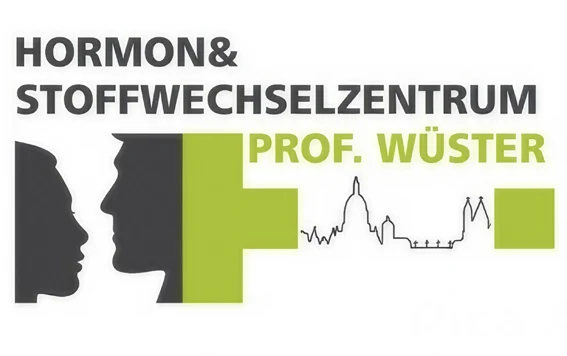Endocrinologist (Mainz/Rhine-Main) on hypothyroidism
Hypothyroidism: When the thyroid produces fewer hormones than the body needs
An underactive thyroid (hypothyroidism) occurs when the thyroid gland produces fewer hormones than the body needs. How can this happen? Prof Dr Christian Wüster, an endocrinologist in private practice in Mainz/Rhine-Main, explains that there are many different reasons why the thyroid gland can malfunction. ‘Firstly, hypothyroidism can be congenital. This occurs in around one in 4,000 newborns. Hypothyroidism as a result of thyroiditis is far more common. Iodine deficiency, which can lead to an enlargement of the thyroid gland, a goitre, is also a possible cause.’
Hypothyroidism can also be caused by iodine deficiency (goitre/goitre)
The endocrinologist specifically investigates indications of hypothyroidism. In newborns, factors such as a late due date, high weight, slow pulse and reluctance to drink are the first indications of congenital hypothyroidism. Lack of movement in the newborn is also a warning sign for the endocrinologist. Babies suffering from hypothyroidism also often have dry skin and underdeveloped muscles. As a result, physical and mental development can be delayed. In order to prevent this and to be able to take targeted measures, a blood test is carried out a few days after birth.
Endocrinologists specifically investigate signs of hypothyroidism.
In adults, the condition develops gradually and is almost unnoticeable.
Far too often, affected people only take action by consulting a doctor at an advanced stage. The symptoms are then unmistakable, as hypothyroidism is noticeable in many areas of the body.
Tiredness and poor concentration – signs of hypothyroidism
People with such a disorder complain of tiredness, a high need for sleep, lack of drive and concentration problems. Those who frequently feel cold, have sluggish digestion, brittle hair or fingernails or suffer from massive weight gain may also be affected.
Hypophyroidism is treated with medication
Hypophyroidism is treated with medication to compensate for the lack of hormones. If you take these medications regularly and with discipline, you can precisely compensate for the hypofunction and equalise it permanently.
Note: This article only contains general information and must not be used for self-diagnosis or self-treatment. Under no circumstances can this article replace a visit to the doctor.
Picture: © simoneminth/Fotolia

